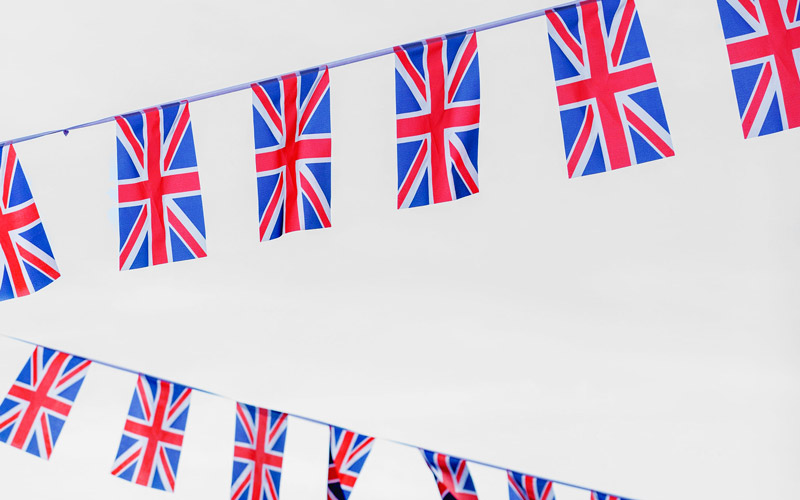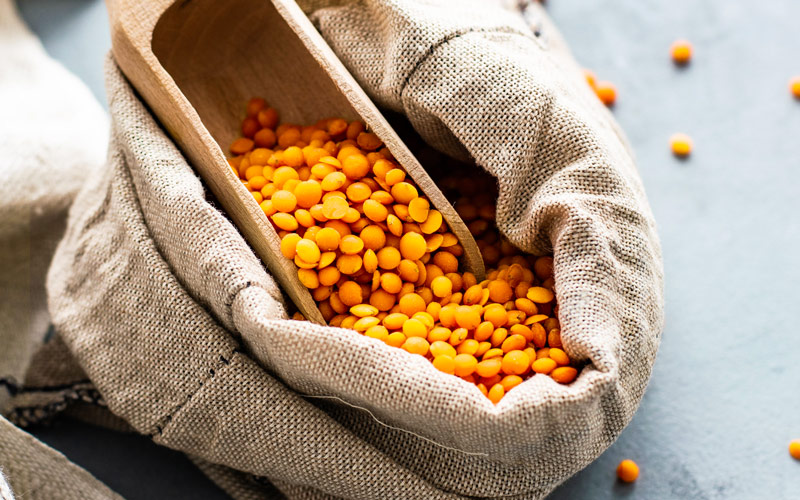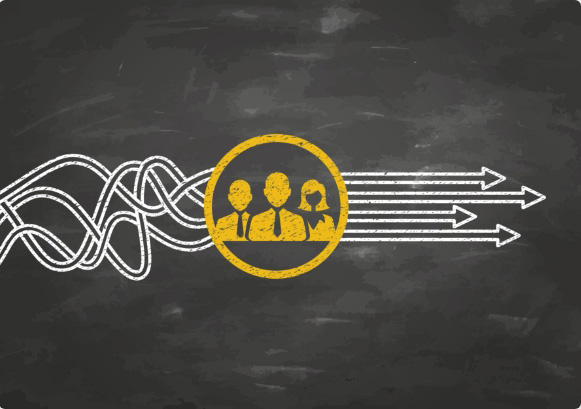Biology Matters.

What a year it has been. On the third day of the new decade, the world was worried about the potential for Iran and the USA to engage in some form of military confrontation. As such oil prices spiked, fears were expressed for what potential conflict could do; everything from regional (Middle Eastern) stability to the knock-on effect of strong oil price inflation.
The first day of March 2020 sees the world engrossed in Coronavirus, a seemingly zoonotic organism that has revealed the true nature of globalisation; oil prices have fallen from over USD70 a barrel to under USD50.
From Wuhan in Central China, Coronavirus has brought epidemiology to the British tea-time news. China has seemingly effectively contained Coronavirus at first base it seems, albeit drastically curtailing activity in one of the world’s powerhouse economies.
However, China is no longer the prime focus of attention for the healthcare profession as the virus has spread from its origin, akin to a scene from a modern day science fiction movie. Iran, Italy and South Korea have been the second base locations for a virus that is now inhabiting every continent where humans naturally live on the planet. Whether the virus can be effectively contained in these countries remains to be seen, not doing so is likely to be very disruptive to global supply chains, potentially materially constraining GDP growth.
Indeed, record high valued stock markets have already discounted GDP growth in H1 CY2020, with a bout of investor irrationality also taking hold, the spread of fear for economic activity and corporate earnings matching the fast spread of the virus itself. With the near close down of China in January and February, Q1 and Q2 economic growth are likely to be notably debilitated. The wider question though is what of the rest of the year and wider waves from Coronavirus?
“…the spread of fear for economic activity and corporate earnings matching the fast spread of the virus itself”
That outcome will be determined by the spread of the virus; we may look back and think much ado about nothing, particularly if a vaccine can be identified promptly; there is a genuine race out there in the healthcare world, where the noises from Israel are most encouraging. However, is third base places likes Essex where epidemiologists are struggling with a case with no seeming links to bases one and two?
Whilst we may, therefore, in a best case scenario, look back at Coronavirus as a notable hiatus, more intense and challenging than SARS, there could yet be notable implications for what has been relentless globalisation. Indeed, we would imagine that following on from SARS, with African Swine Fever, a horrible high mortality disease going through the Chinese pig sector like a dose of salts, and now Coronavirus, global capital allocators may be starting to re-think ‘China’.
Whilst not at the forefront of the UK food industry’s minds, perhaps, businesses like Carrefour, Tesco and Wal-Mart, which procure a lot of general merchandise and apparel from Chinese suppliers will probably be asking the question of future geographic dependency, which could kick favourably into South-East Asia, MENA and maybe the southern and eastern periphery of Europe but hit China. Equally, as we have seen with firms from Apple to Jaguar-Land Rover, supply chain structures and compositions maybe re-visited, supporting the phenomenon of shorter supply chains and maybe even more on-shoring?
For financial markets, Coronavirus exposes a chronic challenge for policymakers. The EU, particularly Germany, was already economically challenged by the Sino-American trade disruptions, hitting its manufacturers and regional growth. As such policymakers were reflecting on how to support the EU economy, as was the Bank of England at the turn of the year with respect to the UK’s economic momentum after flat data.
The big challenge for central bankers is that their tool kit is pretty bare; interest rates are uber low and quantitative easing (QE) has had a very partial positive impact, benefiting bankers more than voters. As such, it is governments, through budgetary and fiscal policies which can be expected to be more active and effective if changes are necessary; albeit quick fixes tend to be challenging to be effective in their own right. The UK Budget is also likely to be conditioned by current developments.

Coriolis Consulting
So, Coronavirus is yet to be thoroughly understood and whilst China has actually shown a strong position in containment, to its credit, it is too early to call the rest of the world. The economic legacy of Coronavirus maybe much greater than its current impact, especially if a vaccine is identified. Rather, the legacy of this disease maybe its impact upon commercial and economic globalisation, as businesses think about the next phases of supply chain optimisation.
Such thoughts could be an existential challenge to the Chinese. Equally, other geographic regions may yet gain the backwash of any new strategic thinking. For UK businesses, particularly in manufacturing and long-time supply chains, so clothing and general merchandise retailers, such thoughts are likely to be current, their outcome relevant to the development of both the domestic and global economies.
Bio-security is so basic and essential, any high risk food business clearly understands this fact. When bio-security breaks down, it is hugely disruptive, again as food companies know. When bio-security breaks down in the world’s largest economy, it is a different scale of issue, a game changer. We are now about to learn if the rules of engagement are about to notably adjust; it is impossible to currently call the economic outcome of what has become known as COVID 19; stock markets, admittedly over-boosted by financial liquidity (interest rates that are too low and the hangover of QE) are fearing the worst.
Stay safe.
Dr Clive Black
Advisor to Coriolis Consulting








